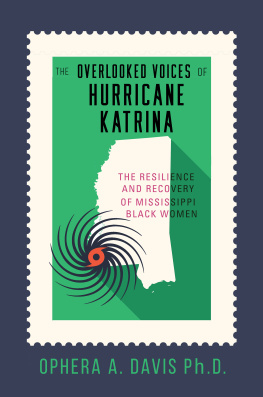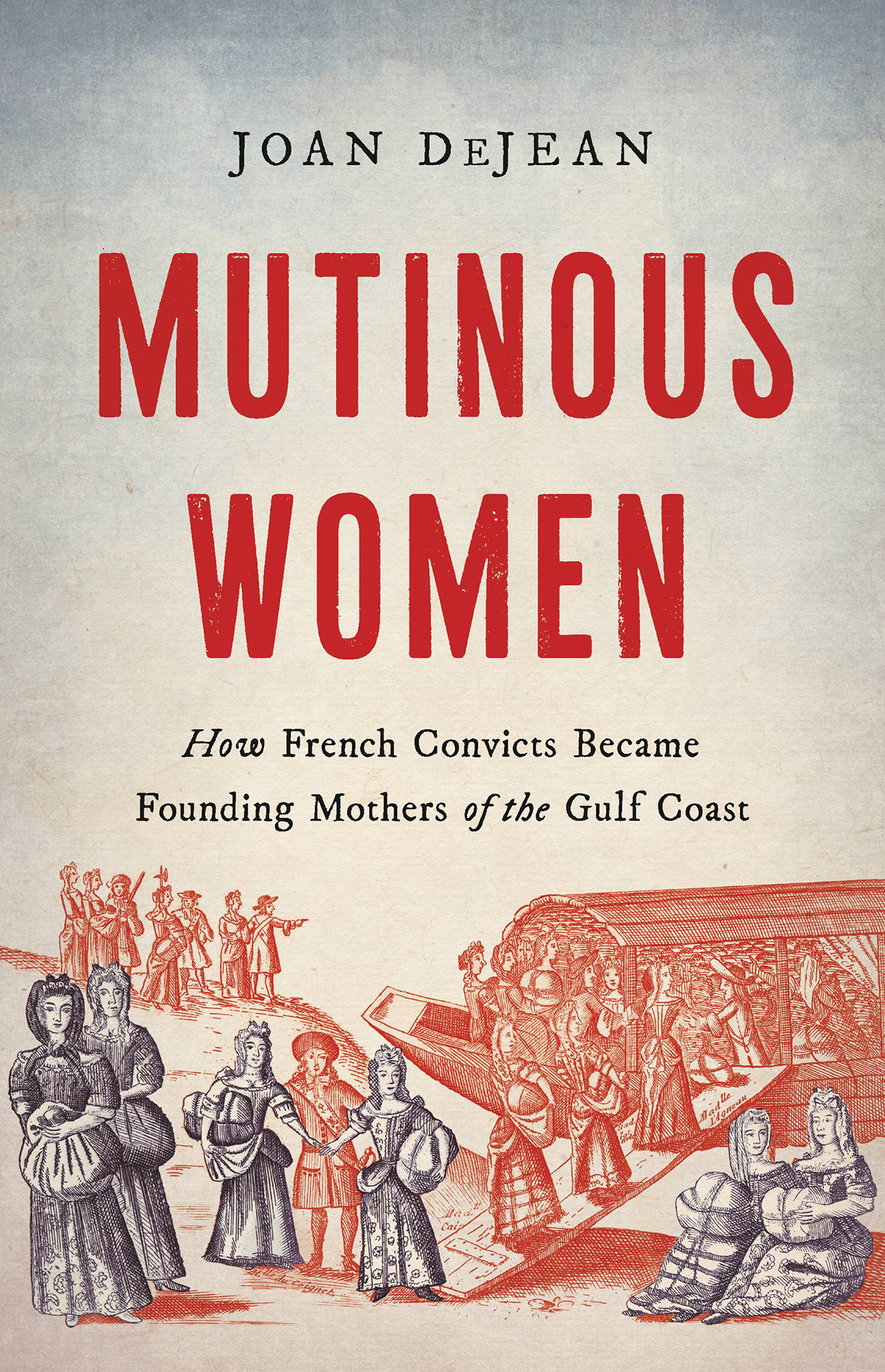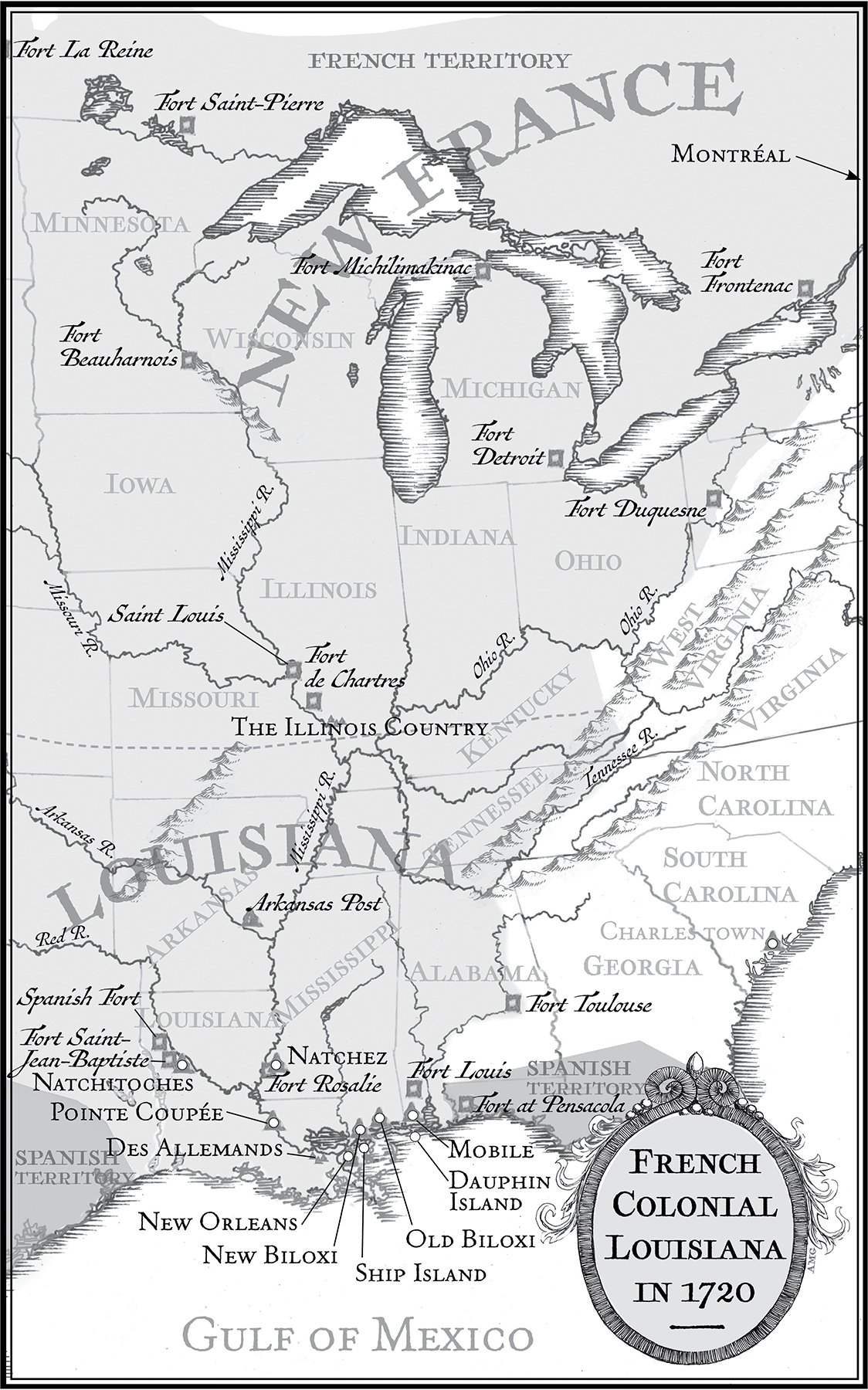Copyright 2022 by Joan DeJean
Cover design by Ann Kirchner
Cover images Bridgeman Images; Vadim Georgiev / Shutterstock.com; Daboost / Shutterstock.com; Itsmesimon / Shutterstock.com
Cover copyright 2022 by Hachette Book Group, Inc.
Hachette Book Group supports the right to free expression and the value of copyright. The purpose of copyright is to encourage writers and artists to produce the creative works that enrich our culture.
The scanning, uploading, and distribution of this book without permission is a theft of the authors intellectual property. If you would like permission to use material from the book (other than for review purposes), please contact permissions@hbgusa.com. Thank you for your support of the authors rights.
Basic Books
Hachette Book Group
1290 Avenue of the Americas, New York, NY 10104
www.basicbooks.com
First Edition: April 2022
Published by Basic Books, an imprint of Perseus Books, LLC, a subsidiary of Hachette Book Group, Inc. The Basic Books name and logo is a trademark of the Hachette Book Group.
The Hachette Speakers Bureau provides a wide range of authors for speaking events. To find out more, go to www.hachettespeakersbureau.com or call (866) 376-6591.
The publisher is not responsible for websites (or their content) that are not owned by the publisher.
Library of Congress Cataloging-in-Publication Data
Names: DeJean, Joan E., author.
Title: Mutinous women: how French convicts became founding mothers of the Gulf Coast / Joan DeJean.
Other titles: How French convicts became founding mothers of the Gulf Coast
Identifiers: LCCN 2021057367 | ISBN 9781541600584 (hardcover) | ISBN 9781541600591 (ebook)
Subjects: LCSH: Gulf StatesHistoryTo 1803. | Frontier and pioneer lifeGulf States. | FranceColoniesAmericaBiography. | FrenchGulf StatesBiography. | Women prisonersFranceHistory18th century. | Female offendersFranceHistory18th century. | Convict shipsFranceHistory18th century. | Mutine (Frigate)History.
Classification: LCC F372 .D45 2022 | DDC 976/.02dc23/eng/20211202
LC record available at https://lccn.loc.gov/2021057367
ISBNs: 9781541600584 (hardcover), 9781541600591 (e-book)
E3-20220309-JV-NF-ORI
In memory of my grandmothers, Marie Aline Ache and Lilia Marie Salaun, and in memory of the mutinous women known by their descendants as their first grandmothersMarie Avril, Marie Anne Benoist, Genevive Bettemont, Marie Louise Brunet, Marie Daudin, Marie Anne Fourchet, Marie Anne Grise, Jeanne Mahou, Jeanne Pouillot, and Anne Franoise Rolland.
Mutin/Mutine, adjectif et substantif:
Qui se rvolte contre lautorit lgitime. Les sditions commencent par quelques mutins qui veulent secouer le joug des lois et des magistrats.
Antoine Furetire, Dictionnaire universel (1690)
Mutinous , masculine and feminine, adjective and noun:
Someone who revolts against legitimate authority. Seditions are begun by a few rebels who want to throw off the bondage of laws and magistrates.
Map of French Colonial Louisiana in 1720. The names and frontiers of todays states have been indicated to provide a sense of scale and a perspective on the location of the original settlements in French Louisiana. Andrea Gottschalk.
I n the popular imaginary, this countrys early colonization is dominated by the Atlantic Coast. The second coast claimed by a European power, the Gulf Coast, seems inconsequential by comparison. The Eastern Seaboards European settlement is almost inevitably identified with what has become a cultural icon, the Mayflower , the ship that in 1620 carried 102 Puritans who chose to leave their homeland in search of religious freedom. But the Gulf Coast had an iconic ship of its own, La Mutine . This was the frigate that in 1720 brought some 100 passengers from France to islands situated offshore from what are now the states of Alabama and Mississippi. La Mutine s voyage marks the first time that a vessel sent to the future United States transported solely women. La Mutine s passengers were all female convicts, most of them accused of the same crimeprostitution. And unlike those who crossed the Atlantic on the Mayflower , the women on La Mutine did not make the journey of their own volition.
In 1719, nearly two hundred women were taken from a prison in Paris. They were chained together for transport to French ports, where most were shackled in ships holds. Unlike the Mayflower s passengers, these women have mainly been forgottenfor over three hundred years. They have been almost entirely excluded from the historical record, and their stories have never been properly told. When they are remembered at all, the convict women of 1719 are often confused with women who later sailed from France to Louisiana and who are known as casket girls because, it is said, they were given personal effects and a small sum of money to be kept in a casket or chest to serve as a dowry when they reached their destination. Even when the women of 1719 are correctly identified, they are dismissed as mere prostitutes and blamed for many crucial problems of the fledgling French colony of Louisiana, from a low birth rate to a high crime rate.
This book tells the story of who the women of La Mutine really were. They were not prostitutes. They were instead in various ways victims of the endemic poverty that gripped France in the years prior to their journeyand also of the police corruption that gripped Paris in 1719. They accepted neither victimization passively.
Nearly all of them were ordinary women. The majority had been given what were then the most common names for girls: Marie and Marie Anne. Many of their family names were also common, the Smiths and the Joneses of France. Most were working women; they had struggled to earn a living at a moment when the vast majority of the French were cash-strapped. They had fended for themselves in what was then the most populous city in Europe and in one of the most dangerous times in Pariss history: in the process, they became streetwise. What happened to these ordinary Frenchwomen could have happened to virtually any woman who found herself in Paris in 1719. When these women fell into the clutches of the Parisian police, they talked back to corrupt officers of the law and defiantly resisted false arrests. Deportation was the price they paid for such defiance.
Across the ocean on the second coast, this countrys French coast, a significant number of these rebelliously unconventional colonists realized a female version of the American dream. The women of La Mutine were among the founding inhabitants of settlements from Natchez to New Orleans, where they built the earliest housesoften with their own hands. They became property owners and acquired considerable estates. They founded dynasties. Indeed, with each generation, their tens of thousands of descendants have spread ever more widely across this country. The womens accomplishments are all the more remarkable given that most had been born into extreme poverty, few had any formal education, and none had received an education worthy of her intelligence.
The biographies of the women loaded like cargo aboard a ship called La Mutine , or The Mutinous Woman , are among the earliest surviving records of this countrys first European female settlers. I discovered them in documents preserved in archives in the homeland that rejected them, notably the French National Archives in Paris. This is fitting, for even though the latter part of the womens lives unfolded in what is now the United States, their story can only be understood in the economic and social context of early eighteenth-century France. They were Frenchwomen: born in France, they grew up there, wearing only French clothing and eating only French food. When they were forced out of their homeland and deported to a fledgling French colony across an ocean, they remained French subjects, under the rule of the French monarchy and French law. Their years in France are the chronicle of their families; of the villages and small towns where they were born; of the lives they made for themselves in their homeland; and in particular of one city, Paris, where many grew up and where they were all arrested. Their time in France ended when a ship sailed across the Atlantic, bearing them away in chains in its hold.












